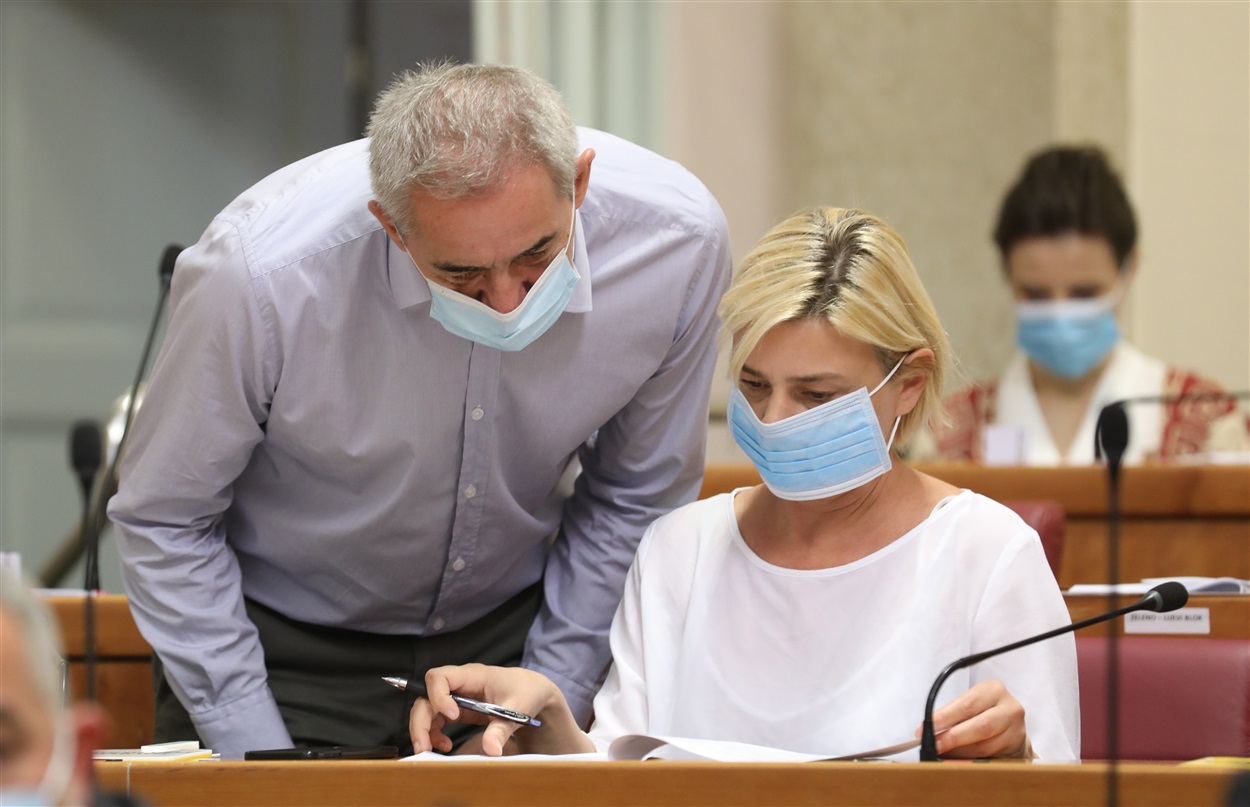
Zagreb - Lawmakers on Wednesday debated a bill on workers posted to Croatia as well as the implementation of a cross-border agreement on money fines in an attempt to protect their rights, and the Opposition also warned about the status of Croatian workers and that Croatia does not have a sensible industrial policy.
The bill refers to workers who are deployed by a foreign employer to temporarily work in Croatia, which is not their usual place of work, and the proposed bill is being aligned with European legislation.
Davorko Vidović (SDP bench) welcomed the implementation of EU legislation into Croatian law "because that protects workers and expands the convergence of labour and social rights, it ensures more order and introduces very concrete penalties in cases of abuse." A Croatian worker in Germany should have at least the minimum rights of local workers, said Vidovic, noting that Croatia has very few workers posted from the European Union.
Sandra Benčić (Left-Green coalition) warned about the non-payment of overtime, the inability to use days-off or the right to enforce dues from employers. We advocate the development of a sensible industrial policy that Croatia does not have, she claimed. "We do not have enough quality jobs in Croatia."
Miro Bulj (Bridge) claimed that workers in Croatia have been completely destroyed yet it is the worker who creates. Responding to criticism by former labour minister Marko Pavic that he was talking out of context, Bulj said that he advocates protecting workers' rights, and added that Pavic is "known as a travelling salesman of expensive perfumes and wines at the ministry's expense" and that he entered parliament with only 200 preferential votes, which speaks for itself what sort of minister he was.
The bill regulates working conditions and rights that are more favourable and provides greater rights for posted workers deployed to Croatia for a longer period of time.
The bill also regulates wage issues for posted workers as well as defining accommodation and costs of a worker's mobility while posted in Croatia as well as the possibility of extending the period a worker can remain in Croatia.